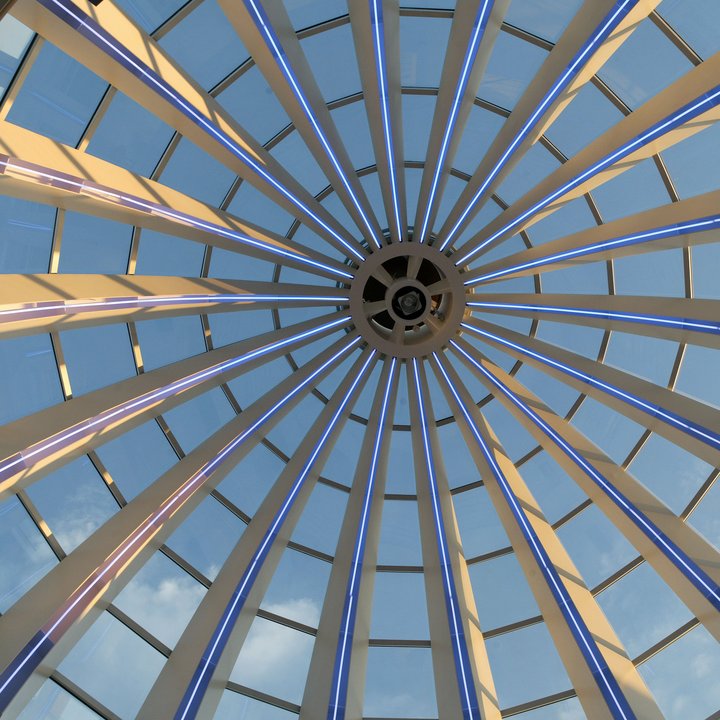
Since 1 January 2024, the University of St.Gallen has a revised Directive of Academic Integrity that contains the principles of good scientific practice. The Directive also regulates the procedures in cases of misconduct.
The University of St.Gallen is committed to consistently and thoroughly investigating academic misconduct and violations of scientific integrity.
Reports of suspected violations should be sent by email to the Integrity Office, in the Office of the Vice-President for Research & Faculty, at: integrity@unisg.ch.
Reports can also be submitted to the independent Whistleblowing Office.
Anonymous reports are possible. They will only be pursued if the alleged scientific misconduct is sufficiently substantiated (Art. 17 para. 1 of the Directive on Academic Integrity).
In accordance with Art. 19 of the Directive on Academic Integrity, the University of St.Gallen ensures the protection of reporting persons from retaliation or disadvantages, particularly if the reporting person is in a dependent relationship with the accused person. Retaliatory actions are treated as violations under the Directive of Academic Integrity.
The Integrity Office accepts reports of scientific misconduct by members of the University of St.Gallen in the context of their activities in research, teaching, continuing education, and studies. Accused persons must have been members of the University at the time of the alleged violation.
Scientific misconduct occurs in cases of intentional or negligent violations of integrity. This includes in particular: plagiarism and self-plagiarism, the fabrication or falsification of data or results, misleading information in publication lists or curricula vitae, misconduct in the context of peer reviews, or unjustified claims to authorship in scientific publications. Article 11 of the Directive of Academic Integrity contains a list of violations of integrity.
The reported scientific misconduct must be sufficiently substantiated. Reports should therefore ideally include a specific description of the misconduct along with supporting evidence or information. This includes: publications, documents, written or electronic correspondence, or witness statements. Unsubstantiated accusations and reports that do not clearly indicate a violation of scientific integrity will generally not be pursued. Anonymous reports will also only be pursued if the reported scientific misconduct is sufficiently substantiated, i.e., supported with adequate details and facts.
Other forms of misconduct, such as discrimination, bullying or workplace conflicts, do not fall under scientific misconduct and should be reported to the appropriate HSG offices.
All reports of alleged academic misconduct are investigated by the Integrity Committee.
Members of the Integrity Committee are:
a) Vice-President for Research & Faculty;
b) President of the Research Committee;
c) Integrity Office; and
d) Legal counsel of the General Secretariat.
If a report is substantiated, the Integrity Committee initiates a preliminary investigation to clarify the facts of the case. The committee can act in an advisory, supportive and mediating capacity. It may obtain verbal or written statements and, where necessary and proportionate, may access all available documents.
The Integrity Committee communicates the results of the preliminary proceedings in a report to the President. Based on the report, the President decides whether the case can be closed or whether an investigation procedure requiring the appointment of an investigative committee shall be initiated.
An investigative committee must include the following members:
a) Vice-President for Research & Faculty, or President of the Research Committee;
b) Integrity Office;
c) Legal counsel of the General Secretariat; and
d) at least two further members.
If needed, additional members, including external experts, may be appointed to the investigative committee on a case-by-case basis.
If, after the conclusion of the investigation, the President finds that scientific misconduct has been committed, he or she shall take the appropriate actions and sanctions in accordance with University regulations and cantonal legislation.
The University of St.Gallen seeks the establishment of consistent sanctioning practices in line with those of other institutions.